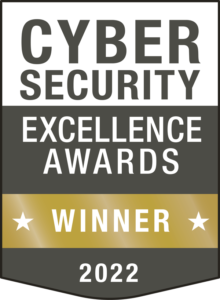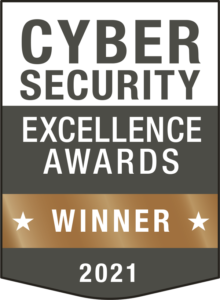Important Email Security Tools

Email has become one of the most vital business communication tools. At the same time, with the evolution of cybercrime, it’s the same medium by which most security breaches occur. Sadly, most business owners remain complacent when it comes to securing their email applications.
When was the last time you evaluated your email security? Most IT teams trust the existing security of internally hosted email systems or trust the security administered by their email provider (such as Microsoft 365 security center). Unfortunately, security breaches continue to happen each year in spite of multiple security solutions designed to block threats. Here are some types of email threats you and your employees must know:
- Spam – This is unwanted email equivalent to physical flyers and delivery menus that make it to your mailboxes on a weekly basis. Most spam emails are inherently harmless but can be a nuisance, as they are generally unsolicited and pollute inboxes. However, scammers use innocuous spam to deliver malware that lets them infiltrate your systems.
- Phishing – This is a common technique for obtaining sensitive information from users. They contain a malicious attachment or link that leads the unsuspecting victim to a page that surreptitiously steals sensitive credentials like login details, passwords, birth dates, etc.
- Ransomware – This is a type of malware that encrypts and locks files stored on your computer. The victim can only regain access once a ransom is paid. Most often, cybercriminals demand to be paid in cryptocurrency, as it is typically untraceable.
Given the stakes, secure email protocols and tools should be a priority for your organization. You must invest in the proper solutions as well as cybersecurity training to combat such email threats. Consider the following tools:
Encryption
The primary purpose of encryption is to prevent hackers from reading messages in transit and gleaning sensitive information from these.
For small- to medium-sized businesses (SMBs), end-to-end encryption is an essential tool for preventing data breaches. For certain businesses, this also helps decrease the liability for penalties under industry-specific data regulations such as the Health Insurance Portability and Accountability Act (HIPAA) and the General Data Protection Regulation (GDPR).
Password security
The importance of email password security can never be overstated. Cybercriminals use nifty tools and techniques, such as brute force attacks — attempts at guessing account credentials by programmatically entering usernames and passwords listed in vast databases. By teaching your staff to use strong, unique passwords, you can prevent attackers from intercepting your emails. The following tips are recommended:
- Passwords should be a minimum of 16 characters
- They should be made up of a combination of symbols, numbers, and a mix of upper- and lowercase letters
- They shouldn’t contain common words or phrases like “password,” “iloveyou,” or “qwerty”. Even birthdates and names akin to the user’s must be avoided
Password managers are great tools for creating and storing complex passwords so you don’t forget them.
Multifactor authentication (MFA)
Multifactor authentication is a layered security approach. It works on top of a password or a passcode as it asks for additional verification on other devices.
Using MFA also helps you achieve the necessary compliance requirements, thereby mitigating audit findings and avoiding potential fines.
Cybercriminals don’t take breaks. They work day and night sending out thousands of phishing emails. At Graphus, we deliver simple, powerful, and automated phishing defenses so you can gain the upper hand over fraudsters.










